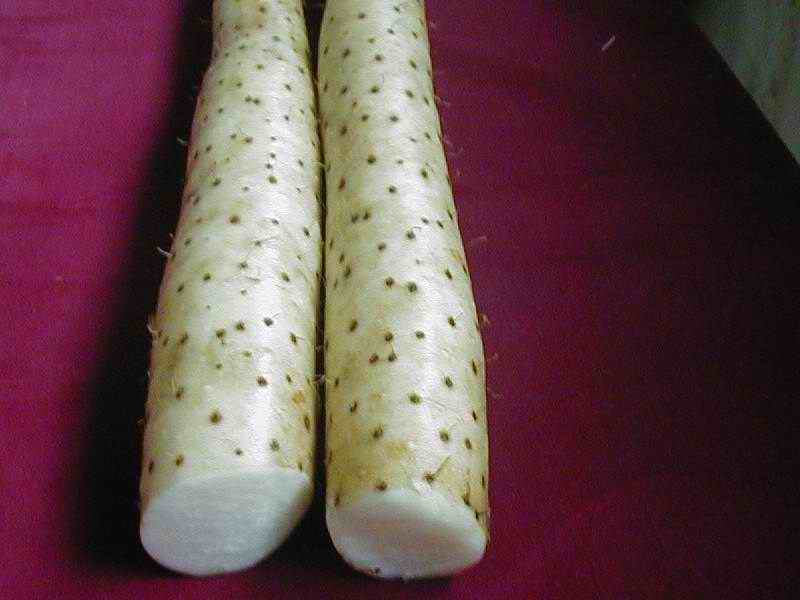In general most food is both countable and uncountable. It is countable when you refer to it in its intact form that you normally find it in.
For example:
Take two carrots and chop them
This means to take two whole carrots, as they are when pulled from the earth, and chop them. (Presumably you wash and peel them first, etc).
This soup has too much carrot in it.
This means that the soup contains too much carrot mass, that is, too many carrots were chopped for this soup (or, perhaps, the carrots were too large). So a whole carrot root, as pulled from the ground, is "one carrot", but it is made up of "carrot".
The same applies to many other food types. It gets complicated when a food doesn't have a standard unit, such as beef. You can't really say "two beefs" because nobody knows what that means. Two pounds? Two rib-eye steaks? You need some kind of measuring unit.
For celery, which is normally sold as a bunch of stalks, you have to say "two stalks/sticks of celery". For liquids you'd have to specify the measuring quantity, such as "two cups" or "two bottles" or "two tablespoons". Certain liquids might have a relatively standard serving size, or the serving size might not always matter, so you could hear
Give me two beers, please
which implies "Give me two beers in whatever normal serving size you use, be it bottles or cans or pint-glasses"
To get to the point for the vegetable in question, since it is probably sold as individual tubers, I'd assume that if you said "2 Chinese yams" then people would understand that as "2 Chinese yam tubers". It probably isn't necessary to say "tubers" and that would likely sound odd. I've never heard anyone say "Use two carrot roots".
As for your other suggestions, I'm not sure I would understand what you meant by "two sticks of Chinese yam", since it sounds like "stick" is some kind of measurement when in fact you meant to say "tuber". But "two tubers of Chinese yam" also sounds like you are using "tuber" as an official measurement, much like one would say "two kilograms of Chinese yam". I don't think a native speaker would be likely to say "two tubers of Chinese yam".
 .
.